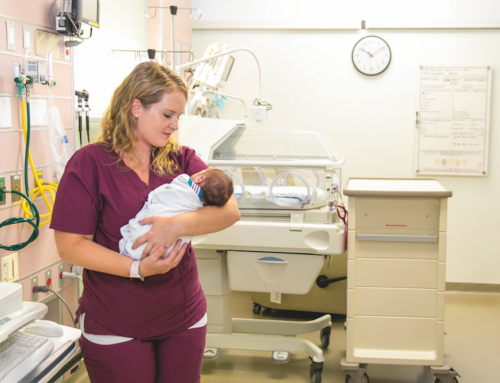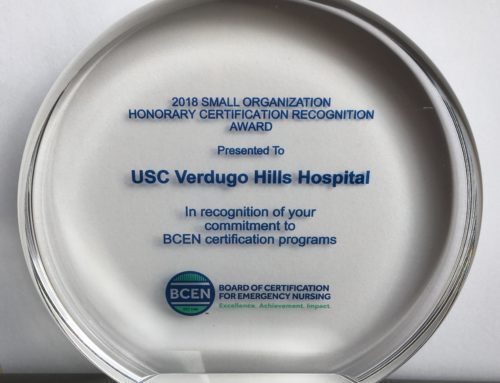Don’t panic: High-risk pregnancy simply means that you or your baby may need extra care during pregnancy and delivery.
There are many common reasons your doctor may identify your pregnancy as high-risk. Among the most common:
- Diabetes
- Infertility issues
- Obesity
- High blood pressure
- Age
- Lifestyle
Some pregnancies even start out as normal but progress to high-risk based on changes in your body or the baby’s during pregnancy. In most instances, high-risk pregnancies simply need additional monitoring to ensure a successful pregnancy and delivery. Your doctor will prescribe additional measures if a more serious concern arises.
Managing a high-risk pregnancy
Many women are overwhelmed by the diagnosis, in part because they can’t control the situation. But you can take steps to manage your pregnancy.
-
Examine your lifestyle and make changes accordingly.
Smoking, drug use and excessive alcohol consumption expose your unborn baby to a variety of health risks. Eliminating these from your lifestyle can have positive effects on your pregnancy.
-
Resign yourself to the fact that a home birth may no longer be an option.
Despite the nurturing environment created by being at home when you give birth, a hospital is better equipped with technology to address your specific circumstances — not to mention staff with special expertise.
-
Educate yourself about tests you might be asked to take during a high-risk pregnancy.
Some of these tests could add unwanted complications, but they could be vital in determining the best treatments for you and your unborn baby. Targeted ultrasounds, trimester screenings, cervical length measurements, lab work, and tests such as amniocentesis and cordocentesis are a few that might be mentioned.
-
Eat a healthy diet.
You – and your baby – are what you eat. Look for foods high in iron, calcium and folic acid, and be sure to take your prenatal vitamins, which can supplement your diet. Above all, stay hydrated by drinking plenty of water. Dehydration is common during pregnancy.
-
Explore your family history.
It is always good to know your family’s health history, and in the case of a high-risk pregnancy, this information may be vital in helping your doctor develop the best treatment for you.
-
Be prepared.
Ask your doctor what will happen in the delivery room when you give birth. Take time to tour your hospital or take a virtual tour so that you are familiar with your hospital’s surroundings. And take classes if you are not prescribed bed rest. Knowing what to expect can reduce the fear of the unknown that you might be feeling.
-
Look into whether or not your hospital has a neonatal intensive care unit (NICU).
These specialized intensive care units feature highly trained staff and focus on caring for ill and/or premature infants to ensure they develop properly.
“The ultimate goal in maternal child health is providing an environment and staff support that promotes safety and the best possible outcome for the families we have the privilege of serving,” said Melissa Stehlin, RN, director of perinatal services at USC Verdugo Hills Hospital at Keck Medicine of USC. “Our new, state-of-the-art neonatal intensive care unit will be a supplement to the high-quality services currently provided in the Women and Family Center, and will offer advanced, high-tech care from specially trained medical providers and nurses to our families with high-risk pregnancies or unanticipated newborn complications.”
By Heidi Tyline King
If you are in the Southern California area and are concerned about high-risk pregnancy, learn more about the Neonatal Intensive Care Unit (NICU) at USC Verdugo Hills Hospital at Keck Medicine of USC. The NICU is a new, state-of-the-art facility that delivers leading care to infants born prematurely or with critical medical conditions.





















